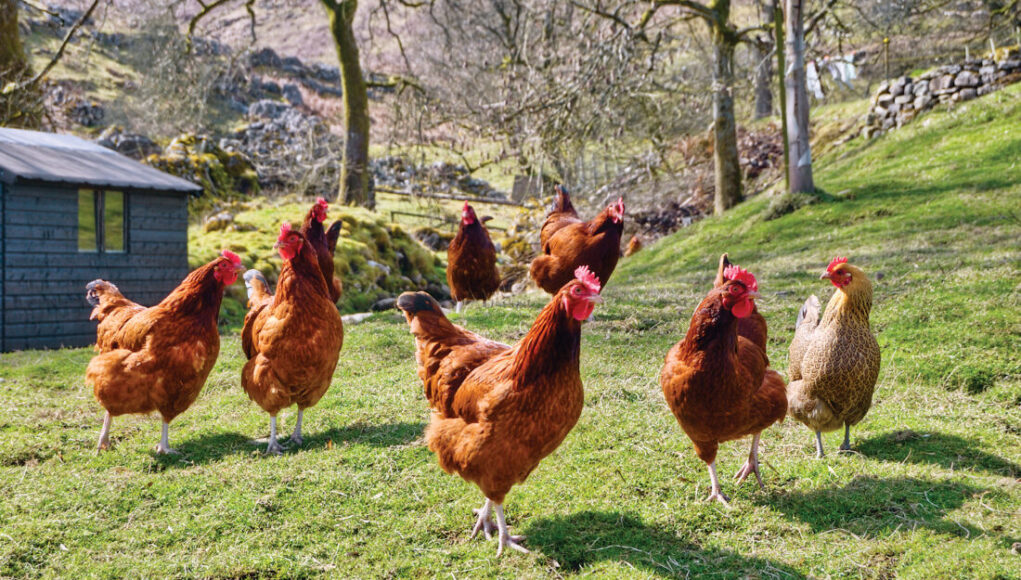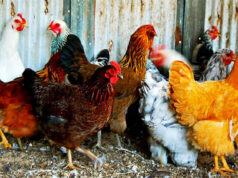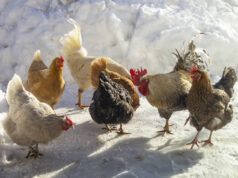Raising baby chickens can be a delightful experience. However, it’s important to be aware of baby chicken disease to ensure your chicks stay healthy and happy. In this article, we’ll explore the various aspects of baby chicken diseases, including common symptoms, prevention, and treatment methods.

1. Introduction to Baby Chicken Disease
Baby chicken disease refers to various ailments that can affect young chickens. Early detection and proper care are crucial for preventing these diseases from spreading within your flock.
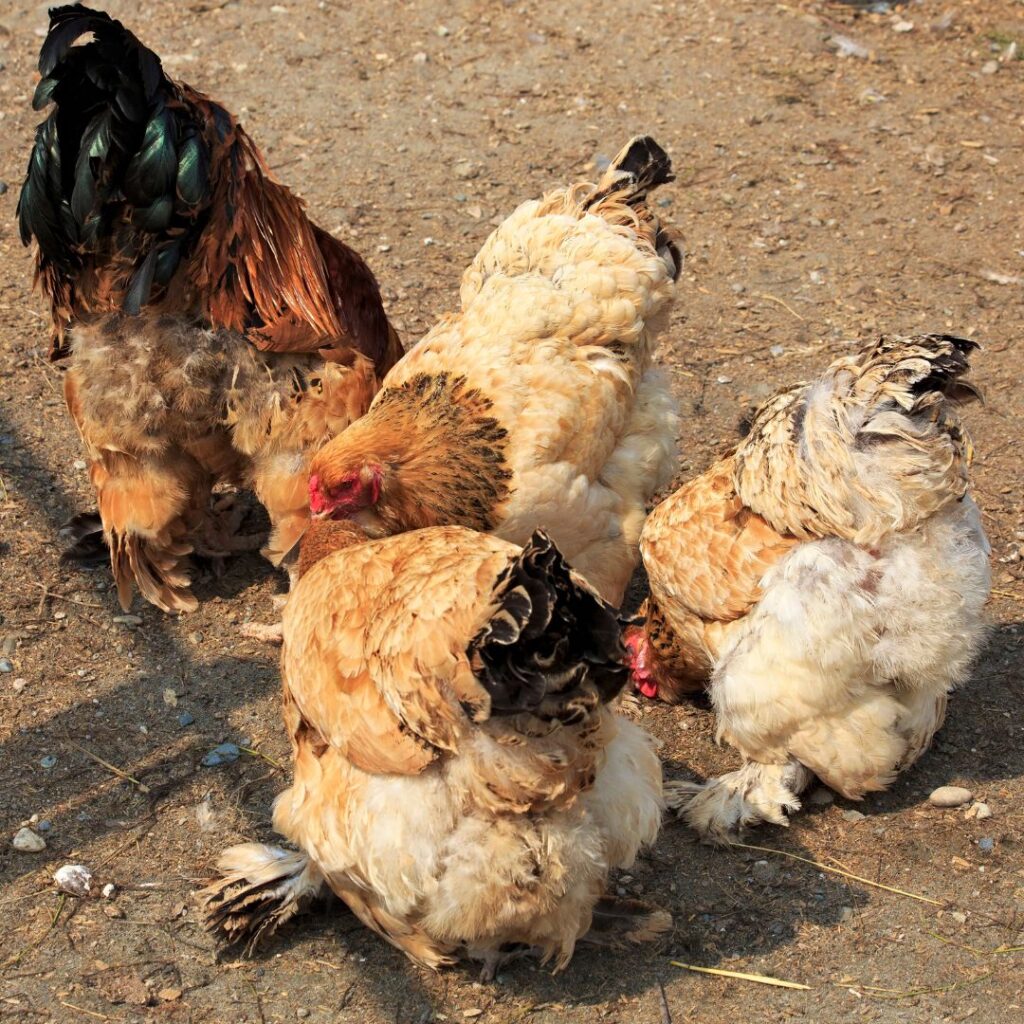
2. Common Symptoms of Baby Chicken Disease
2.1 Signs to Look For
It’s essential to monitor your chicks for signs of illness. Some common symptoms include:
- Diarrhea
- Lethargy
- Loss of appetite
- Coughing or sneezing
- Swollen joints
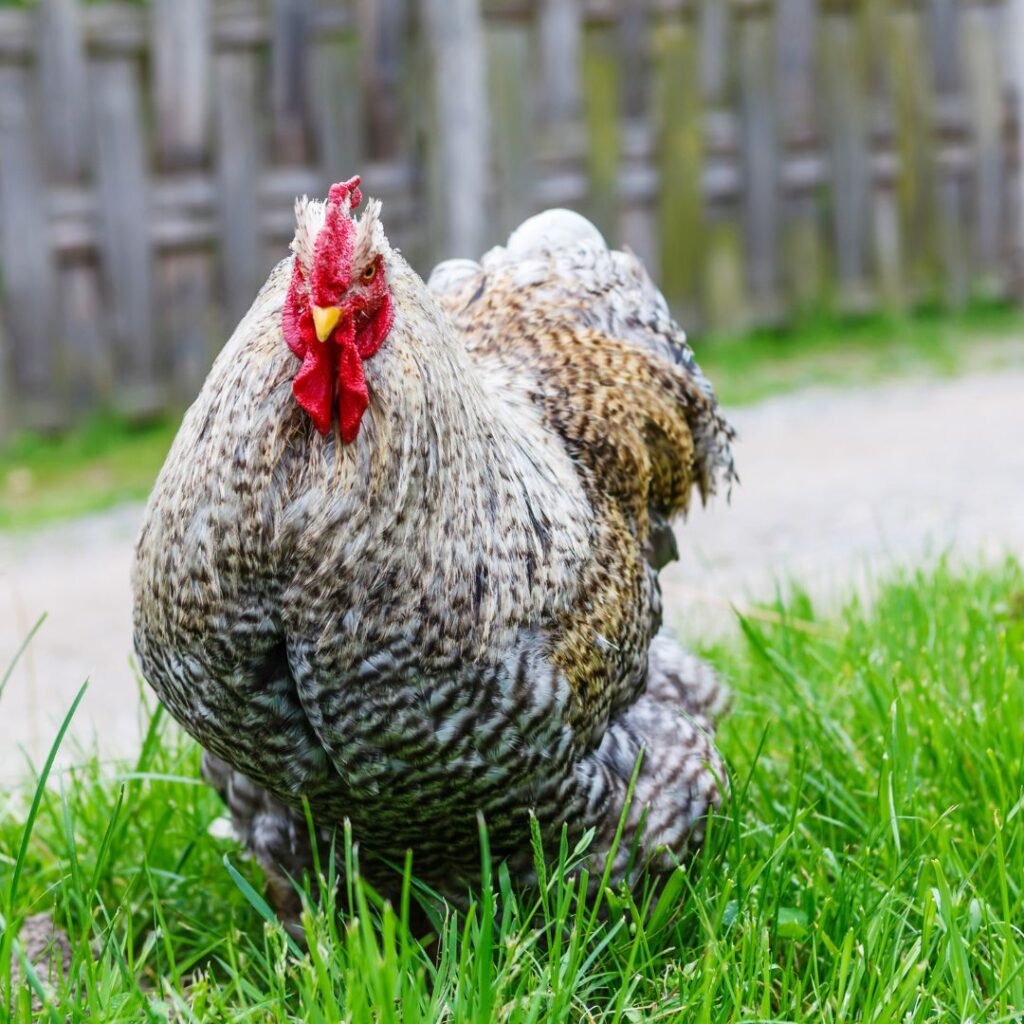
3. Types of Baby Chicken Disease
3.1 Viral Diseases
Viral infections can be highly contagious and pose significant risks to young chickens. Diseases such as Marek’s disease and avian pox are some examples.
3.2 Bacterial Diseases
Bacterial infections like E. coli and salmonella can also affect your baby chicks. These infections can often be treated with antibiotics.
3.3 Parasitic Diseases
Parasites like mites and lice can cause severe discomfort and health issues for your chicks.

4. Preventing Baby Chicken Disease
4.1 Proper Hygiene
Maintaining a clean environment is crucial. Regularly clean the brooder and disinfect feeders and waterers to minimize the risk of infection.
4.2 Vaccination
Vaccinations can provide immunity against certain diseases. Consult with a veterinarian to determine which vaccines are necessary for your chicks.
4.3 Nutrition and Hydration
Ensure your chicks receive a balanced diet and clean water. Proper nutrition boosts their immune system, making them less susceptible to diseases.
5. Treating Baby Chicken Disease
5.1 Consulting a Veterinarian
If you notice signs of illness, it’s essential to seek veterinary advice promptly. A veterinarian can diagnose the specific disease and recommend appropriate treatment options.
5.2 Quarantine
Isolate sick chicks to prevent the disease from spreading to healthy ones. Use a separate brooder and monitoring their progress closely.
6. Importance of Early Detection
Early detection is key to effectively managing baby chicken diseases. Regular health checks and prompt action can make a significant difference in the outcome for your chicks.
7. Conclusion
Understanding and addressing baby chicken diseases is vital for maintaining a healthy flock. By staying informed and taking preventive measures, you can ensure your chicks grow into healthy and thriving adult chickens.
FAQ
Q: How can I tell if my baby chick has a disease?
A: Look for symptoms such as diarrhea, lethargy, loss of appetite, coughing, or swollen joints.
Q: What should I do if my chick is sick?
A: Isolate the sick chick and consult a veterinarian for a proper diagnosis and treatment plan.
Q: How can I prevent baby chicken diseases?
A: Maintain proper hygiene, provide vaccinations, and ensure your chicks have a balanced diet and clean water.
Relevant Links
External Resources
Top 10 Chicken Breeds for Colorful Egg Production
As an Amazon Associate, I earn from qualifying purchases.
